Slop Is Contempt
On Apathy, Disrespect, and the Industrialization of Insincerity
It is slop not on purpose but because it is hurried. Because they write when there is nothing to say or no water in the well. Because they are ambitious. Then, once they have betrayed themselves, they justify it and you get more slop.
—Ernest Hemingway
If pigs could vote, the man with the slop bucket would be elected swineherd every time, no matter how much slaughtering he did on the side.
—Orson Scott Card
Above: Two means for the same end. Choose your craft wisely.
Much (digital) ink has been spilled discussing the sloppification of everything.
From this very author:
To the talking heads over on Twitter:
And yet, as I reflect more on humanity, AI, and everything in between, I can’t help but think that we have made a polychromatic issue black-and-white.
The problem with slop isn’t the slop. It isn’t even the fact that AI was used. After all, tools don’t commit crimes; people do.
The problem with slop (especially in writing) is that the writer doesn’t care enough about the reader to make the reader’s life easier.
That’s the whole job.
You see, writing is an act of respect. You sweat the small stuff so your reader doesn’t drown in it. You spend the hours and the blood and the rewrites and the self-loathing and the tears so your reader can glide—effortlessly—over a surface that took you months to sand smooth. A good sentence is a sheet of ice slowly, secretly melted down from years of someone else’s hard labor. The reader skates; the writer bleeds.
And slop is what happens when nobody bleeds.
Slop breaks the sacred compact between writer and reader, artist and appreciator, beauty and beholder.
It says: you do the work. You decipher my half-thoughts. You wade through my sludge. It’s contempt disguised as content and connection. And it’s the inevitable byproduct of the Outreach Industrial Complex, whose chief export is pure, unadulterated spam.
The Outreach Industrial Complex
Exhibit A: the mass-outreach email.
I get literally dozens like the ones below. “Loved your book! I want to help you market it!” They’re the modern Sirens (half as talented and not nearly as beautiful) — singing manufactured flattery in a key calibrated to trap any author unlucky enough to drift too close and lend an ear.
Two problems:
My name is not TWhite.
Though I’ve ghostwritten a few, I have never published a book under my own name.
It’s like being catfished by a robot on behalf of a human impersonating another human impersonating someone who cares. A strange, sad whirring blend of gaslighting, bullshitting, and outright lying. The whole ecosystem feels like it was designed by someone who believes the highest good is saving time by wasting everyone else’s.
Exhibit B: The hellhole that is LinkedIn DMs
Hell, I might start trying this:
AI didn’t invent this. Boilerplate, buzzwords, and business school spam were doing numbers long before chatbots. AI just turbocharges its worst instincts and hides them behind “efficiency.” Slop was always with us; now it shows up faster, better, cheaper.
Every one of these notes contributes to an infinitesimally small collapse of civilization (but a collapse nonetheless!). Not because AI wrote it, but because no one bothered to.
Increasingly, I find myself agreeing with the words of writer Joan Westenberg. In a recent interview with Sublime, she remarked:
When it comes to AI, I tend to see it as a tool. It can be a tool for great things or really crummy things. It can be a tool for cool people and terrible people. It can be used ethically or very unethically. But it’s very much a tool in the same sense that everything else is a tool…I don’t really care whether or not somebody used AI to write something that I’m reading. I care if what I’m reading is good. If I enjoy what I’m reading, if I like it, if it resonates with me, if it makes me feel something, that’s what I care about. If it doesn’t do those things, then it is a piece of crap.
I also broadly think that if a piece of work is generated entirely by AI and is good, then I can probably enjoy that. But I’ve also read a whole lot of things written entirely by humans that I didn’t enjoy. Things are good or they are bad. I don’t think that is dependent on the tool used to produce it.
I don’t care if you write on a Mac or a PC, with a pen or a quill, on printer paper or parchment, or sent it to me strapped to a carrier pigeon.
I do care that you cared while making it; that you wrestled with it long enough to be proud of it before you handed it to another human being and deemed it worthy of that person’s precious time.
I wrote about this in the Top Gun Theory of AI: the plane doesn’t matter nearly as much as who’s flying it. A Maverick with a broomstick beats a grunt with an F-35. Tools amplify talent or laziness in equal measure.
AI didn’t create slop. Humans did that long before the robots showed up. AI just makes it faster and harder to hide.
In the same interview, Joan lands the plane (pun very much intended) gently, without the theatrical panic that has become far too fashionable:
There’s not a whole lot that can be done to stem the tide of technology. It’s not to say that you should just abandon all hope or abandon your humanity, but attempting to hold back the tide probably won’t work.
You can make decisions for yourself. If you’re an artist, I think you’re better off focusing on creating the art you want to make and doing it the way you want to do it and sharing it the way you want to share it. Put your energy into that instead of putting your energy into hating or trying to fight against AI, because one is creative and the other is reactive…
But I don’t think that fighting against AI is going to stop any of that or fix any of that. I think it’ll just burn a lot of energy and leave a lot of folks feeling pretty disheartened and lost when they can’t fix it all. The best thing you can do as a creator is create. Do it your way, do it how you want to do it. Do it because you’re passionate; do it because you love it. Make what you want to make, and then trust that you will either find an audience or you won’t. And that’s pretty much all you can do.
There’s something so bracingly sane about that.
So mature.
So very…human.
Our fight isn’t against AI, but against apathy.
Against shortcuts.
Against the industrialization of insincerity.
Against treating the reader—the stranger gracious enough to gift you their time—as a lead to be “nurtured” rather than a soul to be spoken to.
Slop is not a technological crisis. It’s a spiritual one.
It’s what happens when we stop caring if what we make is any good.
Though we cannot fight the tide, we can decide how to stand in it.
We can decide to write something worth reading, even if only one other person ever reads it.
We can decide to bleed enough so that someone else might glide.
We can choose craft over throughput.
Ice over sludge.
Care over contempt.
In a world optimizing for output, the rarest thing is care.
That’s what readers feel.
That’s what keeps writing alive.
That’s what neither model, nor macro, nor mail merge can fake.
The problem with slop isn’t the slop.
It’s the absence of love.
And that’s something no machine can fix for us.
Per my about page, White Noise is a work of experimentation. I view it as a sort of thinking aloud, a stress testing of my nascent ideas. Through it, I hope to sharpen my opinions against the whetstone of other people’s feedback, commentary, and input.
If you want to discuss any of the ideas or musings mentioned above or have any books, papers, or links that you think would be interesting to share on a future edition of White Noise, please reach out to me by replying to this email or following me on Twitter X.
With sincere gratitude,
Tom




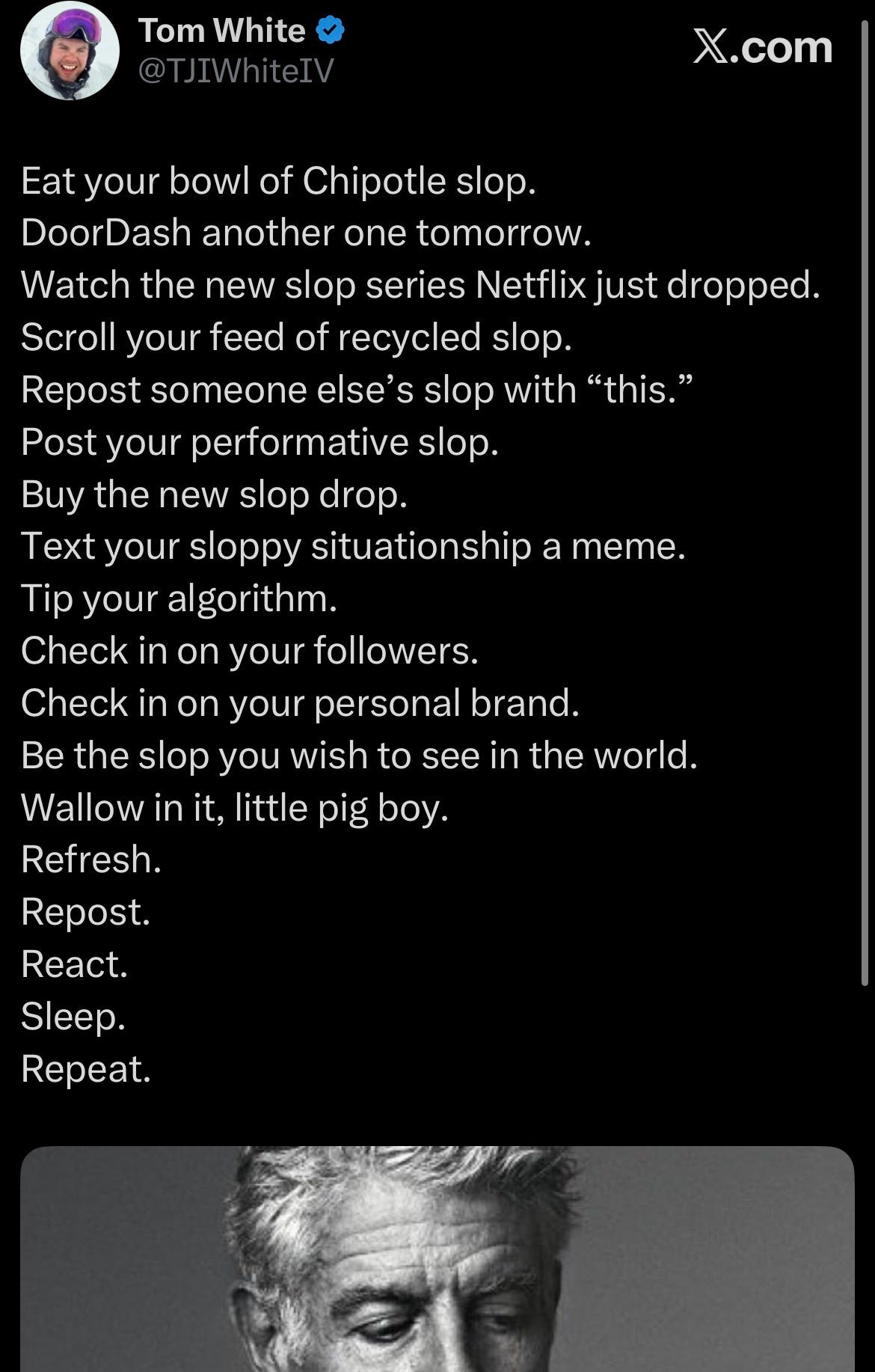
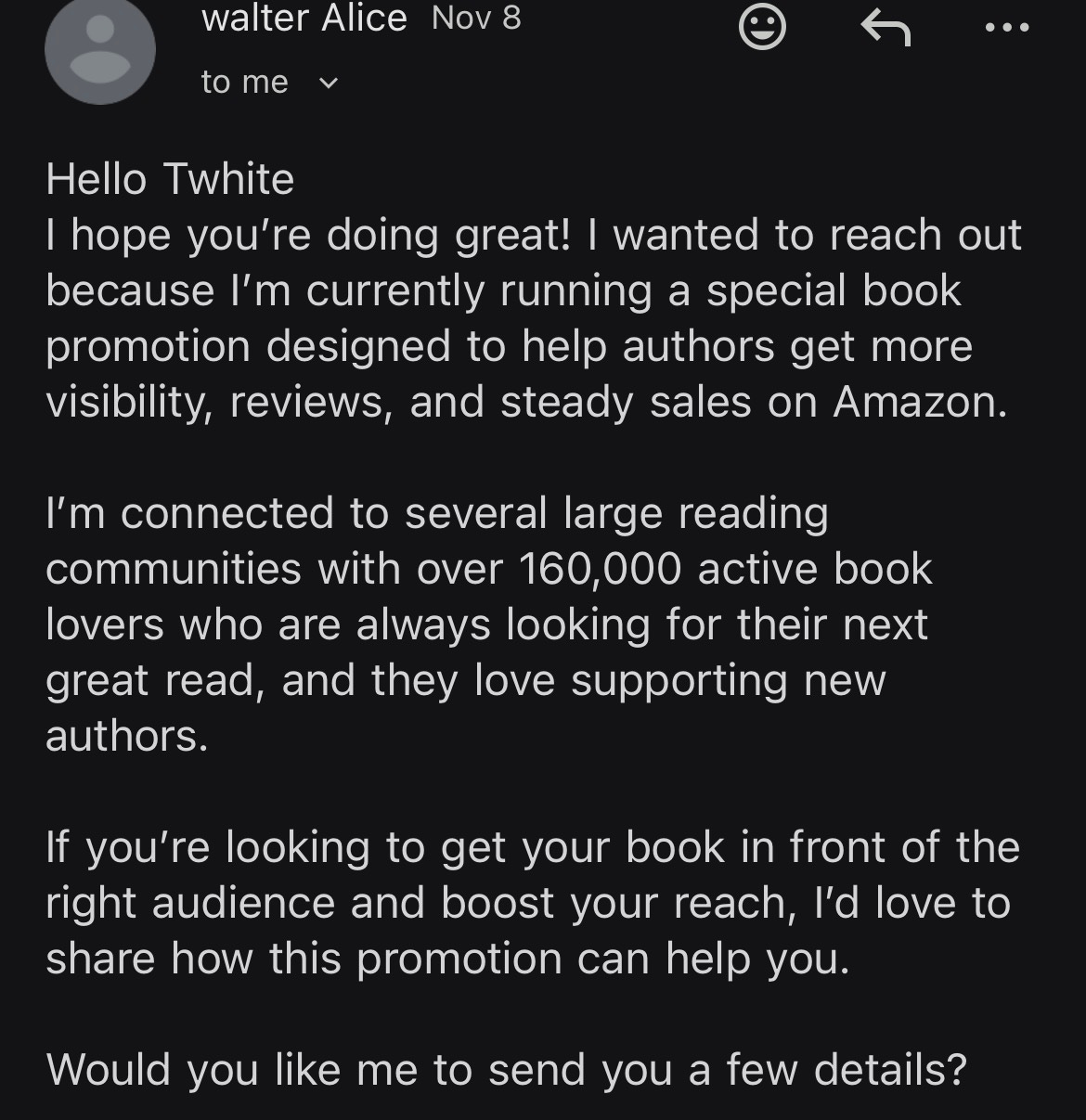
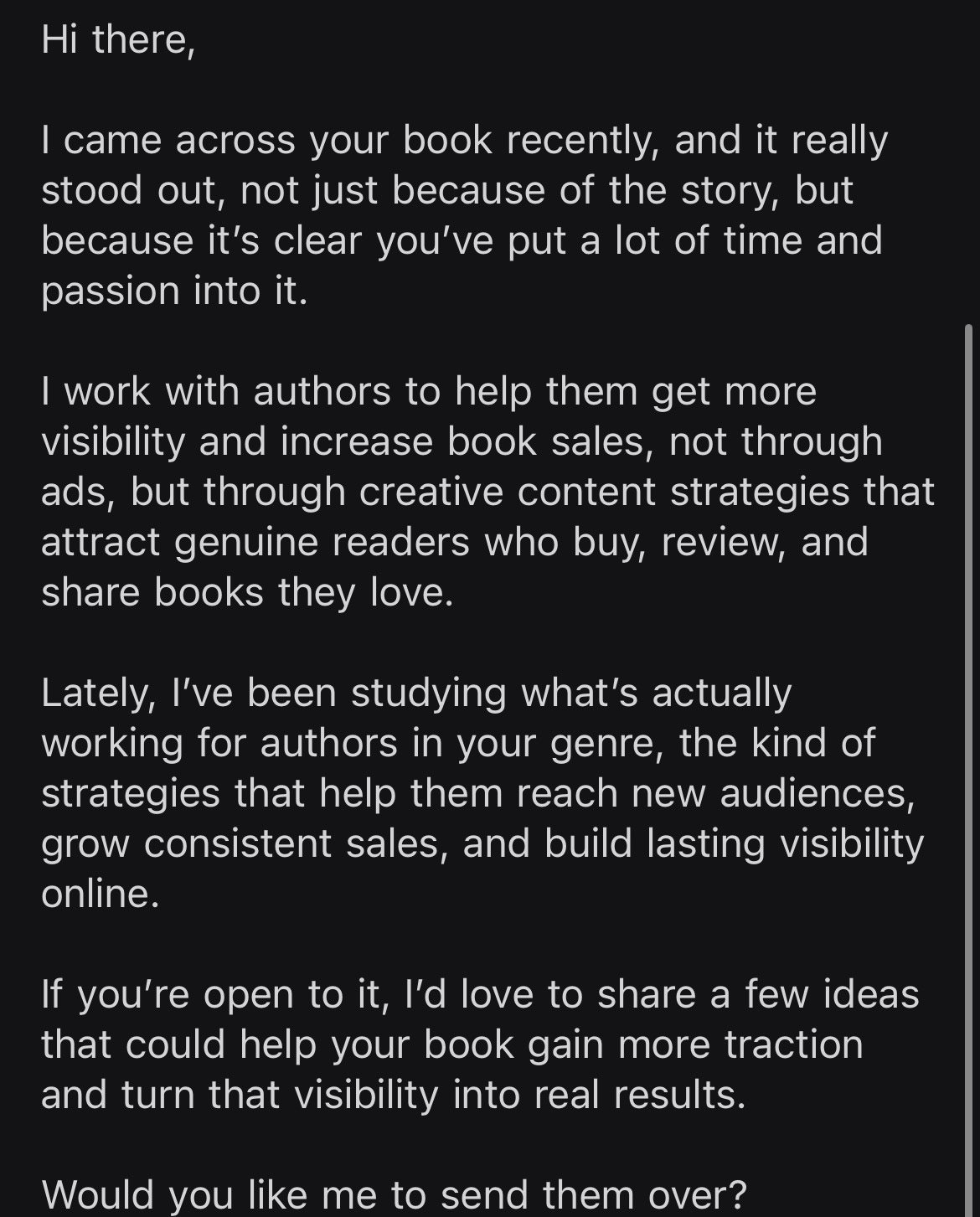
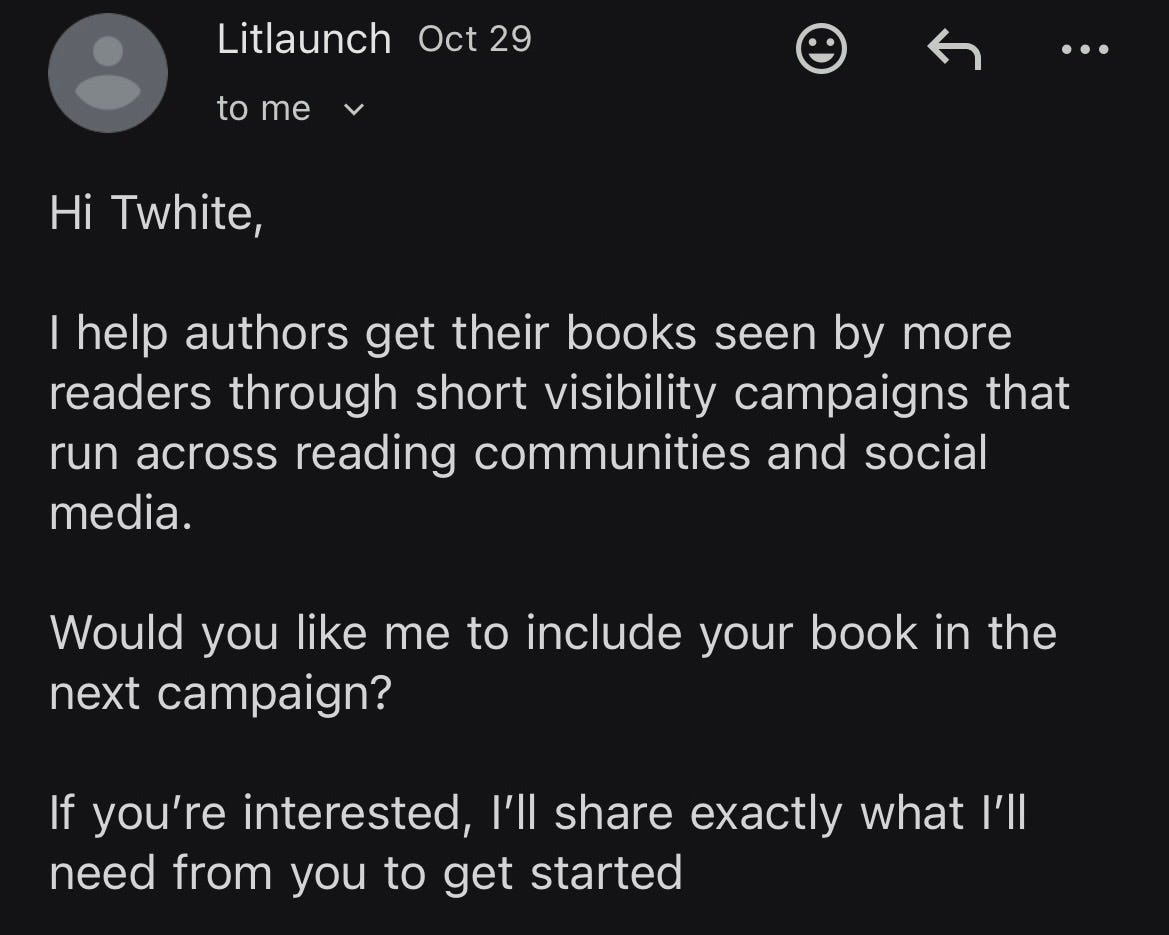
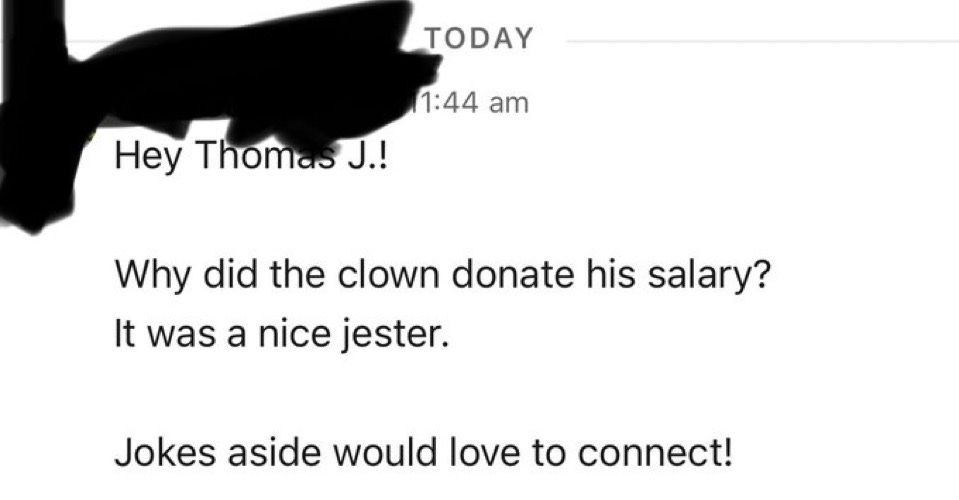
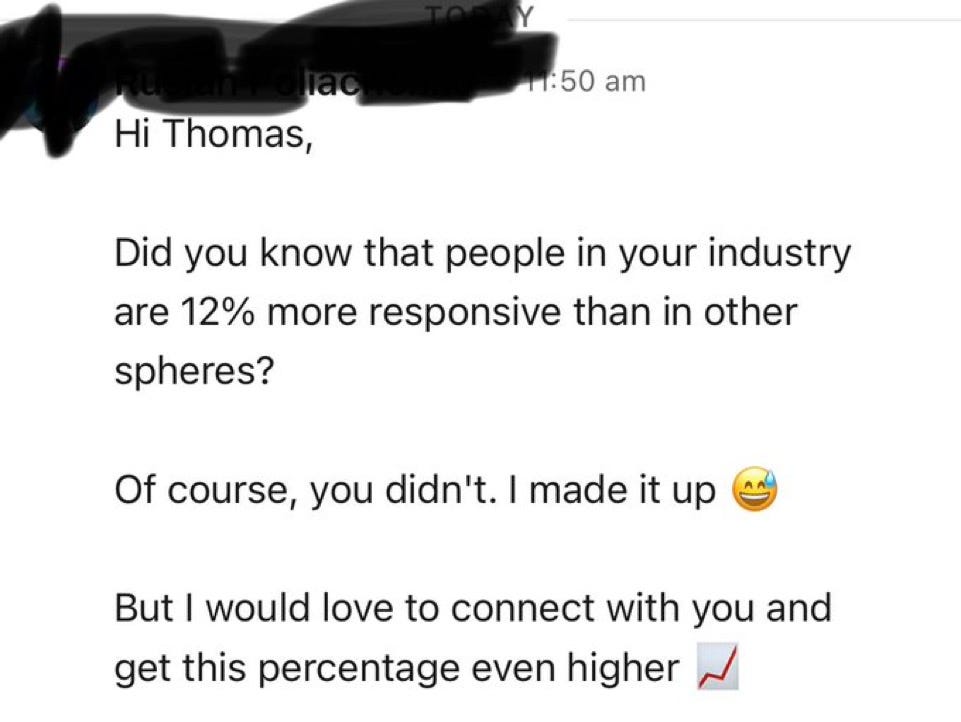
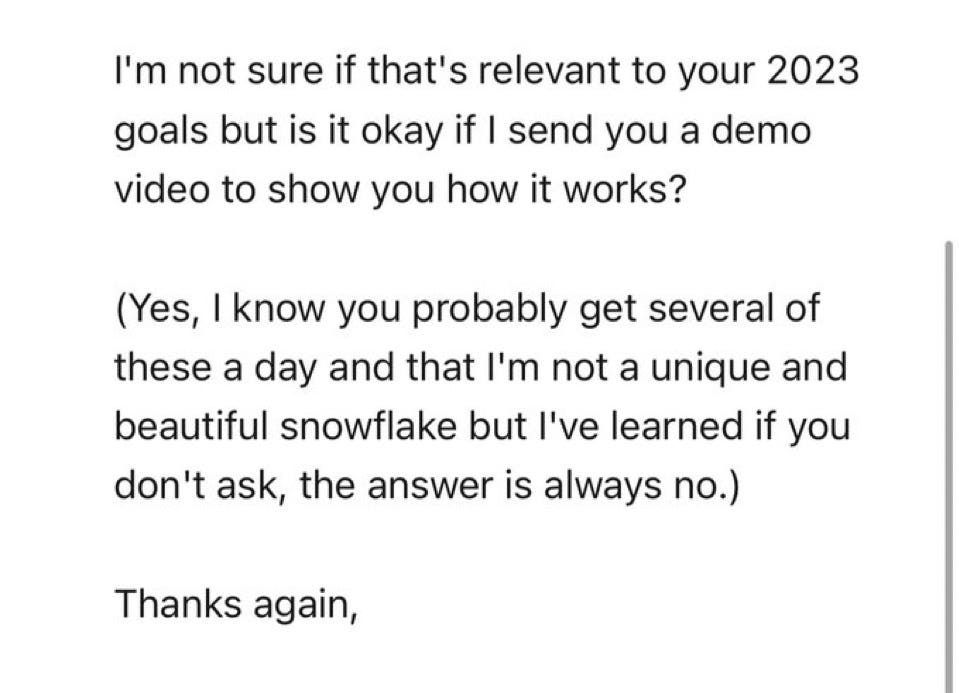
Love this perspective and the opening quotes set the scene perfectly
I simply love this, Tom. A man after my own heart. 🖤
"Two means for the same end. Choose your craft wisely."
Simply brilliant, Tom.
I hope most get it. 😂
🙏